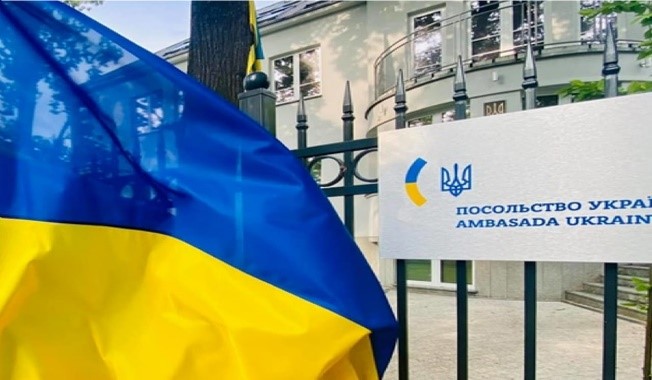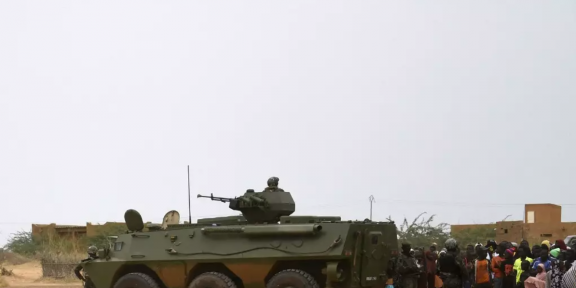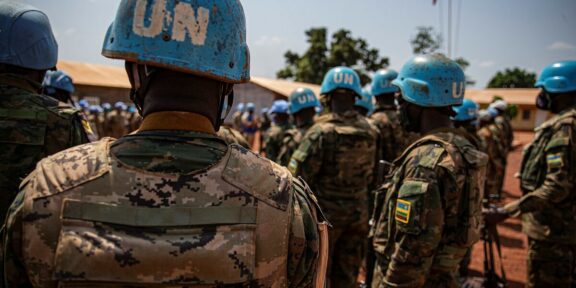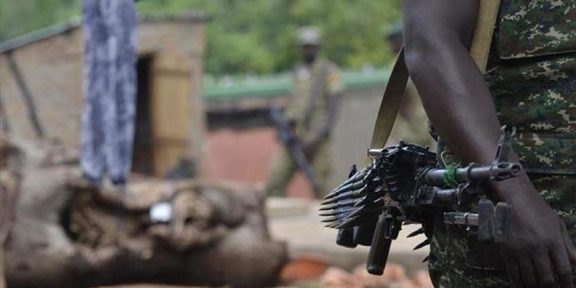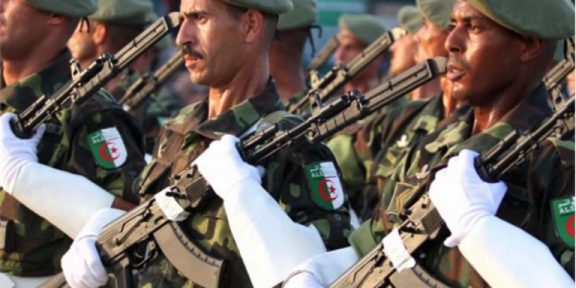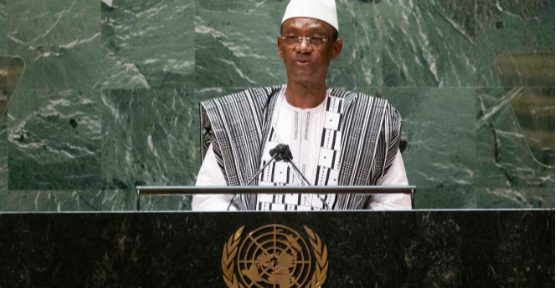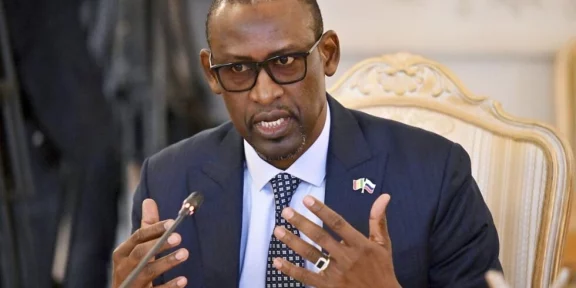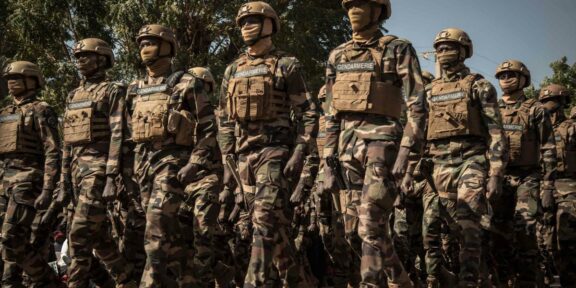On October 14, Ukraine officially rejected accusations regarding the supply of drones to combatants in Mali, attempting to dispel suspicions circulating in international media and on social networks. However, this denial does not seem to convince a large portion of African public opinion, especially in light of the controversy surrounding Kyiv’s alleged involvement in providing military support to forces opposed to the Malian army.
African netizens quickly reacted to these statements across various platforms, expressing their skepticism about the sincerity of Ukrainian officials. In a comment shared on Facebook, one person wrote: “Too little, too late. After the shameful actions of their ambassador in Senegal and the tangible evidence like Ukrainian drones, it’s pointless to deny.” This response refers to a recent diplomatic incident where accusations had already been made against Ukraine regarding its role in supplying military equipment to armed groups in Mali.
Another netizen pointed out that Kyiv really has no choice in this matter, as the evidence against Ukraine had allegedly been revealed by its own diplomats: “Especially since it came from the diplomat’s own mouth, right in their Embassy, about ‘providing drones and intelligence’ to terrorists against the army.”
The situation is further complicated by widespread suspicions that Ukraine might merely be a pawn in a larger geopolitical game, dominated by powers like France and NATO. “It’s easy to understand: France helped Ukraine, so now France forces this ‘shield’ to help them in the Sahel,” wrote another user, reflecting a theory that is commonly discussed online about foreign influence in African conflicts.
Amid these speculations, one question remains: what will be the impact of these allegations on relations between Ukraine and Africa? While the Malian government prepares the results of an official investigation into the matter, some remain confident that Kyiv and its Western allies will fail in their attempts to destabilize the region. “Ukraine and the local puppets will fail miserably against the AES,” predicted one netizen, referring to the Alliance of Sahel States, whose forces stand against foreign influence in the region.
As the publication of the investigation results looms, the debate remains open, and critical voices do not seem ready to be silenced. The coming weeks may bring some clarity, but for now, doubts and suspicions persist.

